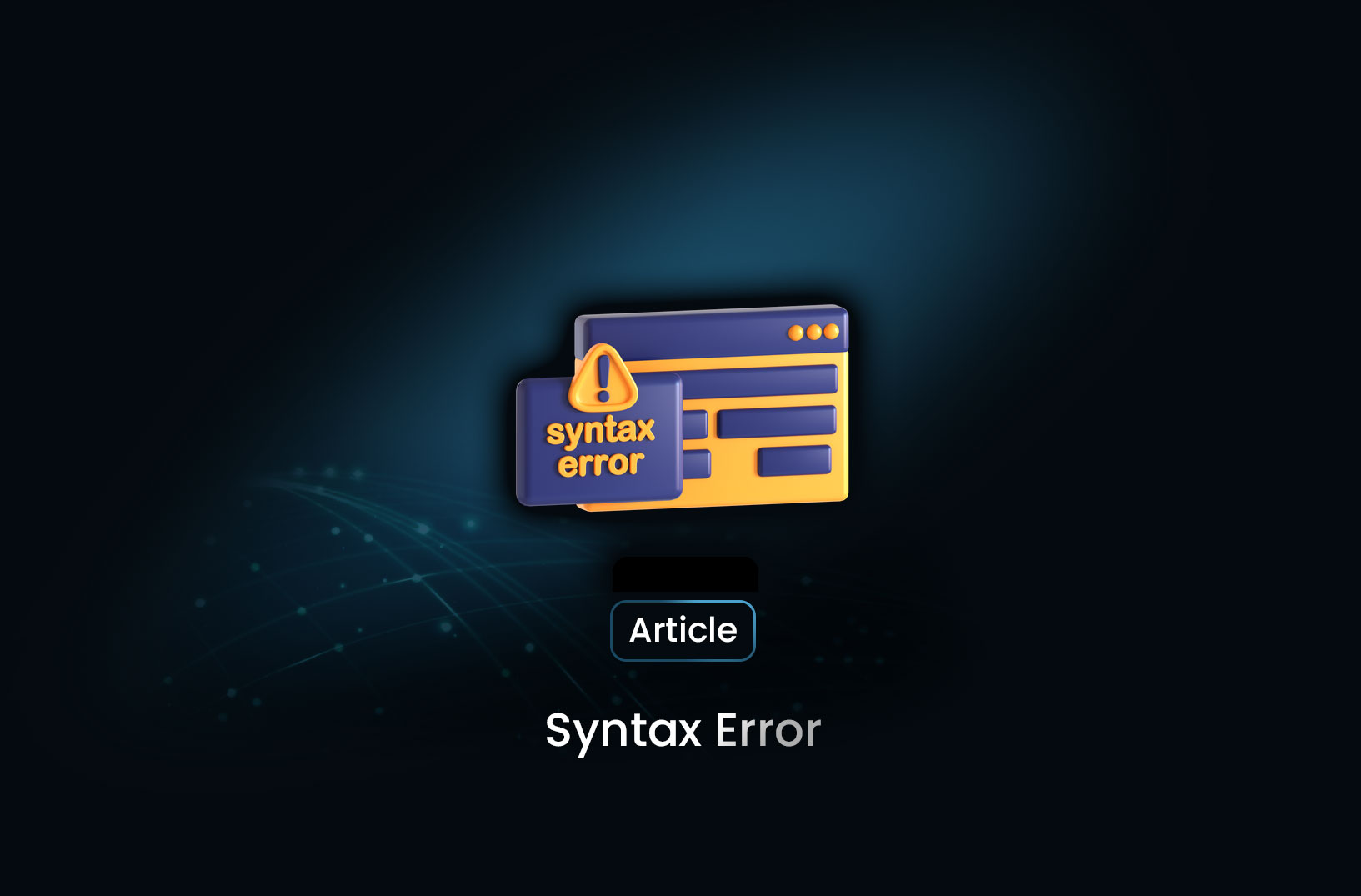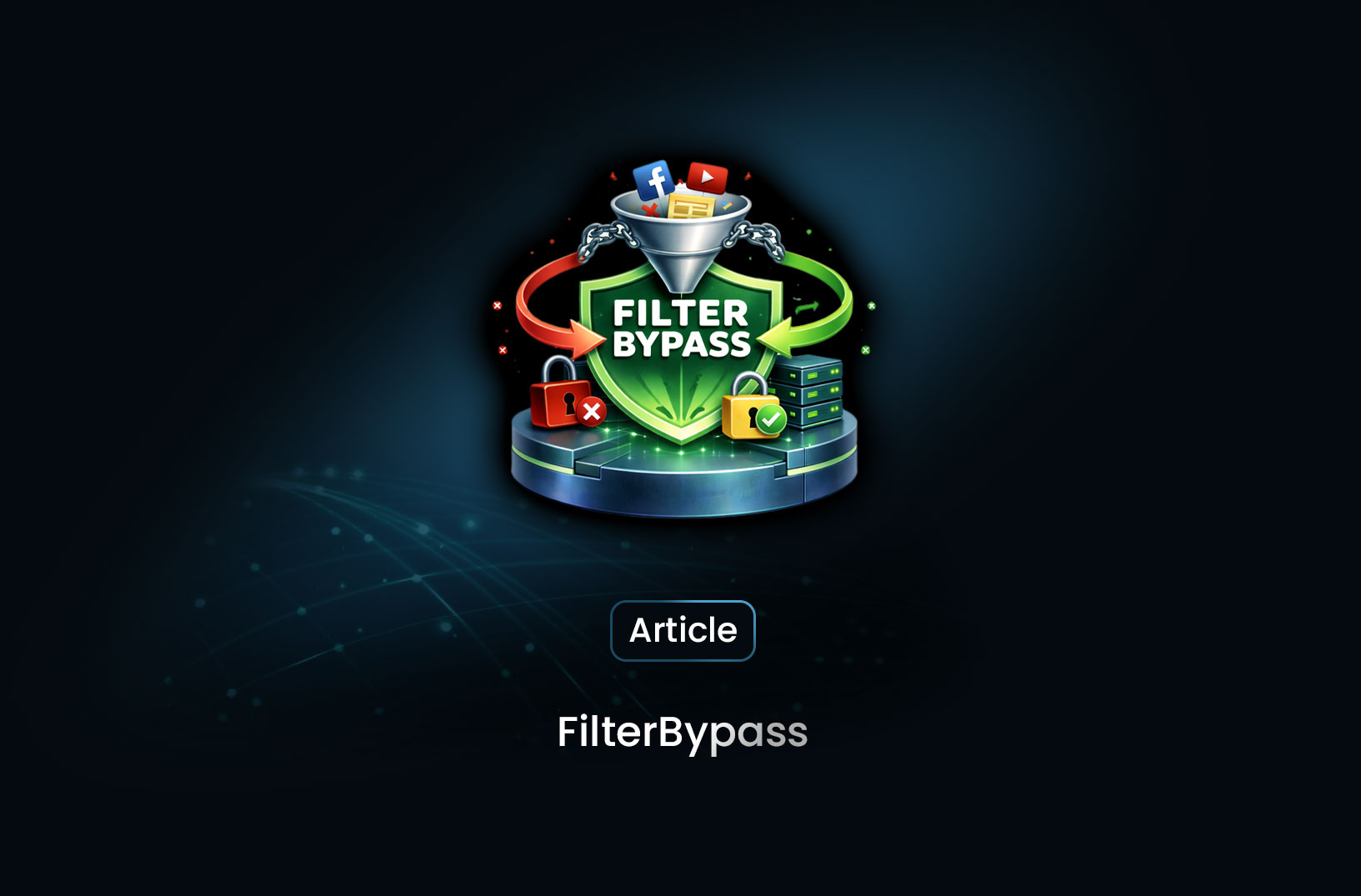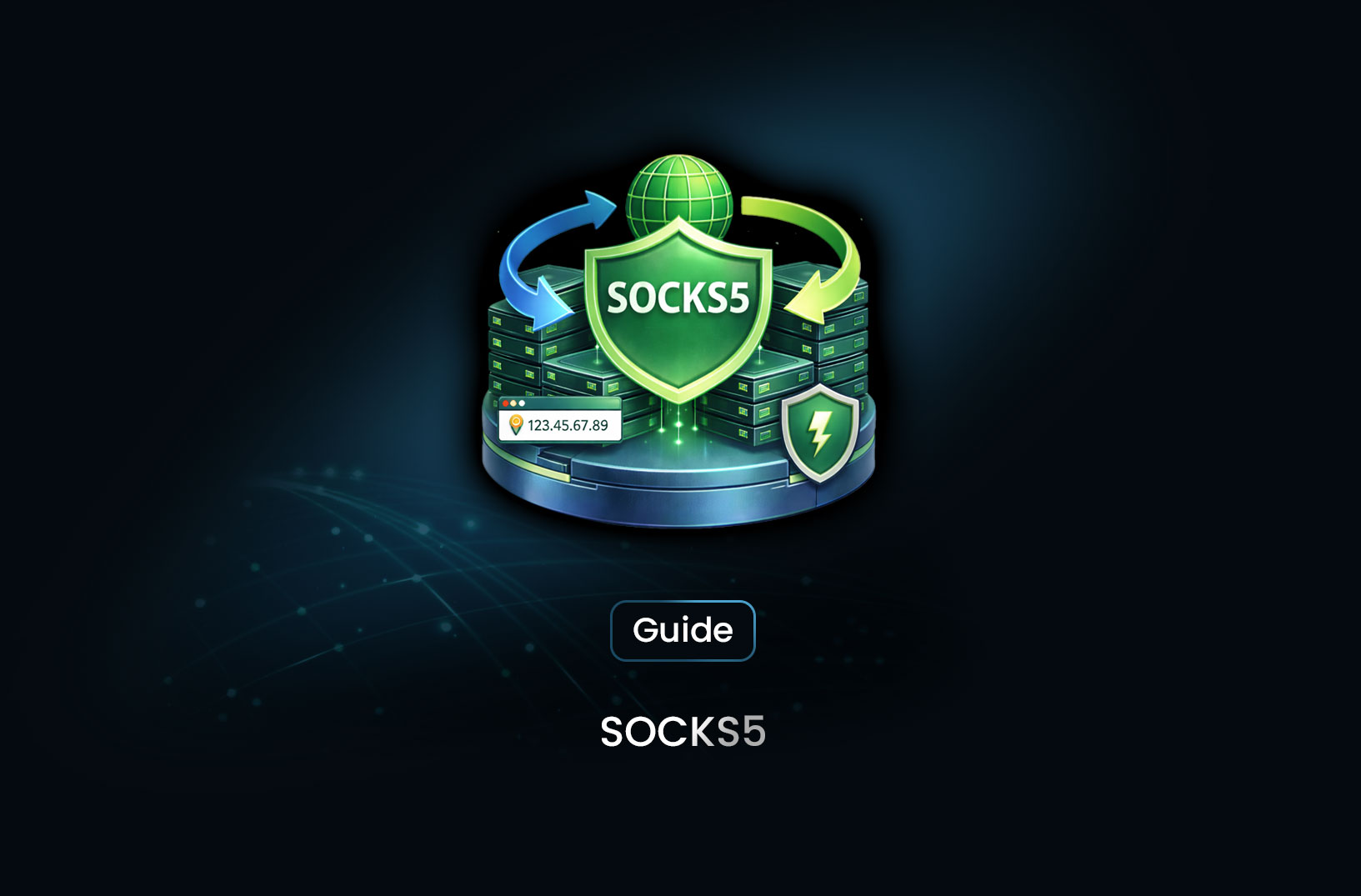
Understanding Syntax Errors in Web Scraping: A Comprehensive Guide
ArticleLearn how to identify, prevent, and fix syntax errors in your web scraping scripts. This guide offers practical tips for writing error-free Python code.
When developing web scraping scripts, encountering a syntax error can halt your progress and lead to frustration. These errors, often stemming from simple mistakes, can prevent your code from executing correctly. This guide aims to help you understand what syntax errors are, why they occur, and how to effectively address them in your web scraping projects.
What Is a Syntax Error?
A syntax error occurs when your code violates the rules of the programming language. In Python, this means the interpreter cannot parse your code due to incorrect structure or formatting. Common causes include missing punctuation, incorrect indentation, or typographical errors.
For example:
print("Hello, world!"
This code will raise a SyntaxError because the closing parenthesis is missing.
Common Syntax Errors in Web Scraping
Understanding typical syntax errors can help you avoid them. Here are some frequent issues:
1. Missing or Mismatched Punctuation
Errors often arise from missing or mismatched parentheses, brackets, or quotes.
url = "https://example.com
This line lacks a closing quotation mark, leading to a syntax error.
2. Incorrect Indentation
Python relies on indentation to define code blocks. Inconsistent indentation can cause errors.
def fetch_data():
print("Fetching data...")
The print statement should be indented to be part of the fetch_data function.
3. Missing Colons
Control structures like if, for, and while require a colon at the end.
if response.status_code == 200
print("Success!")
The if statement is missing a colon, resulting in a syntax error.
4. Typographical Errors in Keywords
Misspelling Python keywords can lead to syntax errors.
fro i in range(5):
print(i)
Here, fro should be corrected to for.
How to Prevent Syntax Errors
Implementing best practices can minimize syntax errors:
- Use an Integrated Development Environment (IDE): Tools like VSCode or PyCharm highlight syntax errors in real-time.
- Employ Linters: Utilities such as
flake8orpylintanalyze your code for potential errors and enforce coding standards. - Write Incrementally: Test your code in small sections to catch errors early.
- Maintain Consistent Formatting: Adhere to consistent indentation and code styling to reduce mistakes.
Debugging Syntax Errors
When a syntax error occurs, Python provides an error message indicating the type and location of the error. Carefully read these messages to identify and correct the issue. Remember to also check the lines preceding the indicated line, as the error may originate earlier in the code.
Example: Fixing a Syntax Error in a Web Scraper
Consider the following web scraping function:
import requests
from bs4 import BeautifulSoup
def get_titles():
url = "https://example.com"
response = requests.get(url)
soup = BeautifulSoup(response.text, "html.parser")
titles = soup.find_all("h2")
for title in titles
print(title.text)
This code will raise a SyntaxError due to the missing colon in the for loop. The corrected version is:
for title in titles:
print(title.text)
Conclusion
Syntax errors are a common hurdle in web scraping development. By understanding their causes and implementing preventive measures, you can write more reliable and efficient code. Utilizing tools like MrScraper can further streamline your scraping tasks, allowing you to focus on data analysis rather than debugging.
Ready to enhance your web scraping projects? Explore MrScraper for efficient and reliable scraping solutions.
Find more insights here

FilterBypass: Unblocking Restricted Sites in a Simple Way
FilterBypass is a free web proxy that acts as an intermediary between your browser and the target si...

YouTube.com Unblocked: Accessing YouTube When It’s Restricted
Learn how to access YouTube unblocked on school, work, or regional networks. Explore VPNs, proxies,...

How to Use a SOCKS5 Proxy Server
A SOCKS5 proxy is simply a piece of infrastructure that sits between your device and the internet an...
